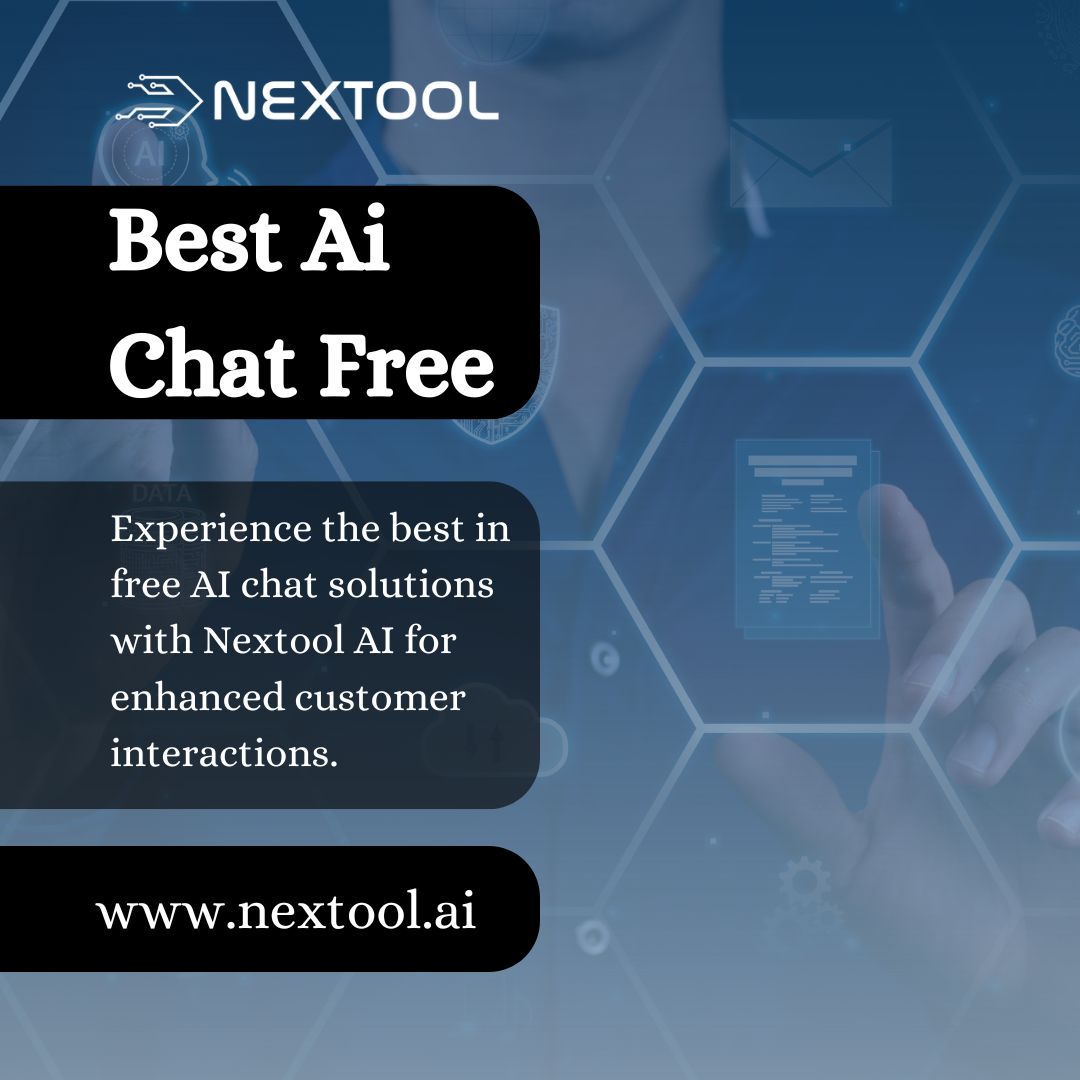AI tools have changed how people think, work, and do everything in their workplaces and homes. This blog post offers an insight into the 3 top things people should know about AI tools.
It’s a Software with Cognitive Abilities
AI is software that mimics and generates human behaviors such as planning, generating ideas, utilizing location awareness, and deciphering speech and visuals. With ordinary software, users program rules and formulas, or use conditional logic for automating the software. AI does not need human-attributed rules. It generates them on its own.
To grasp this concept, you should look back to the Industrial Revolution. Humans made machines that mimicked human muscles and replicated the way human hands and legs worked. Machines replaced hard human labor. It was transformational. Similarly, AI will replace human cognitive abilities, to enhance healthcare, transport, education, and customer-focused experiences. It will profoundly impact human efforts.
AI’s Multifaceted Potential
People can use the best new AI tools to help in business, but what’s more exciting is the big societal opportunities. Whether that is a fairer distribution of public services or assistance with solving complicated problems in health like treating cancer, finding vaccines, or climate – reaching net zero.
Take education as an example. There is a lot of disparity in education, with millions of bright people not able to access it and learn to use their talents. It is now possible to scale good teachers with digital learning, by recording and sharing lessons. However, the teacher’s understanding of the student and emotional support is lacking. Incorporate AI to reconstitute this in children’s learning, and you can closely mimic the physical school experience. The higher the number of people who are upskilled, the greater will be the shared global knowledge.
AI Powers Public Good
AI can help businesses along with public good when it's sharply focused on what consumers need. Ethical AI can approve loans on time or financial aid equitably - with a legal, ethical, and moral compass. It will help produce requisite services for customers when they need them. Such as a small business loan when required will translate into that business surviving and providing local employment.
Maybe not so profound, but equally efficient is the fashion industry. It has transitioned from brick-and-mortar stores with fitting rooms to delivered clothing to try at home, keep or return. With AI customers can try digital clothes on their physically precise avatars. It’s easy, but it raises the customer experience to a different level, saves time, and simply changes the nature of a product.
The Last Thoughts
As a small or big business, you can get into AI by making a small start. Distinguish places where an automatic process uses technology but is still reliant on humans. Like those monotonous menial parts of roles when attention drifts and errors occur. Then begin to explore innovation in customer journey, products, and services. Look for ways to use the best new AI tools to automate processes, cut costs, and bring more efficiency to work, and it’s tremendously empowering.





Comments